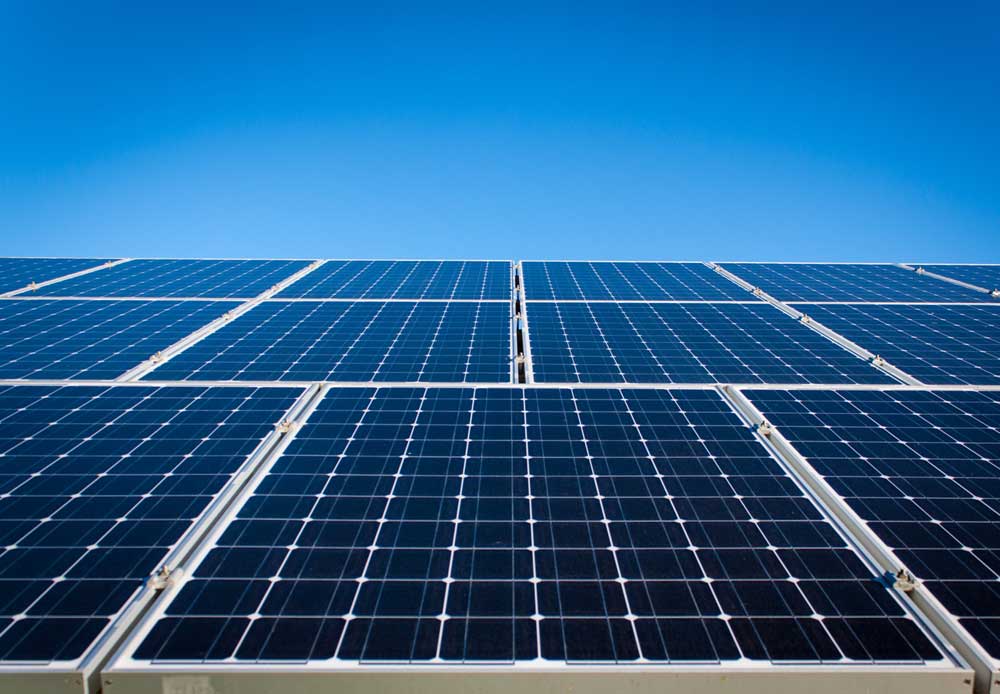Climate change has been deemed a reasonable and very valid problem for years, with its own victories and setbacks. The urge to responsibly determine ways to help save the planet are abundantly being supported by blunt and harsh economic reasoning.
Conventional business investors are acknowledging and realizing that climate change does not only endanger the planet’s wellness, but is also a threat to their consumers assets, resources, and overall wealth.
The oil business is the front and center for rising stakeholder and investor worries about the long-term effects of fossil fuel energy sources. This is partially due to their unpleasant experience. The Euorepean oil industry has witnessed hundreds of billions of euros thrown off its market’s funding by the growth and expansion of wind and solar sourced power throughout the past years.
The rationale of why wind and solar sources threaten established power institutions is because they have limited to zero marginal cost. In layman’s terms, when the wind blows and the sun rises, energy comes freely. The need for these institutions will diminish as more people realize this. The cost for geothermal energy has boosted over the years. This however, does not go for the oil business. Those invested in the oil field will sooner or later acknowledge that the business of renewables is indeed tempting.
BNP Paribas Asset Management’s study into the business of oil and renewables as a competition hits home. We pose that an investor has to choose where he wishes to invest, oil or renewables, with the knowledge that renewable energy can fuel cars too. This just goes to show that renewable energy can potentially have a larger market.
Our studies concluded that for the same amount of investment and finances, wind and solar sources of energy will result to three to four times more effective and useful energy for vehicles. This is in comparison to diesel supported vehicles that is at $60 per barrel.
For petrol powered vehicles, the odds and ratios are even harder to beat — even more unfortunate. Investing in renewable energy will result to six to seven times more power. This makes it harder to argue that the oil industry is the superior market — especially now that economical and global climate change concerns are coming into play.
As electric vehicles grow, the permanent balance necessary for gasoline to stay competitive could go as low as $9 to $10 a barrel.




Leave A Comment